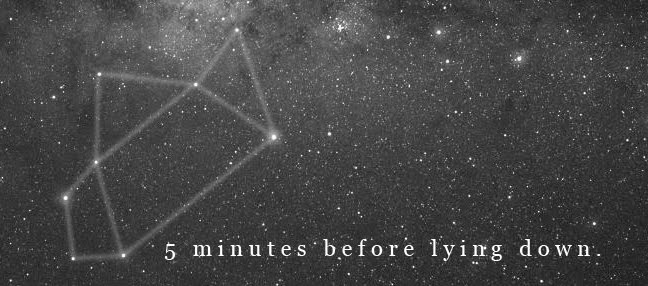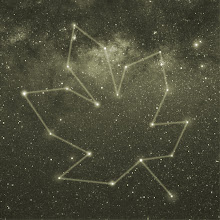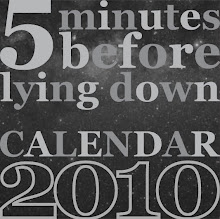

These rainy days made me upload these two albums on my iPod again. Again, because there was a singer-songwriter period in my life, around February-March this year, when I listened to a lot of albums from this genre. It seems to be very nostalgic now.
Saltbreakers and Carbon glacier, both from Laura Veirs, who's a singer-songwriter from the USA. This style seems to be very simple but in fact it can be complex. There's a song (a queue of melodies) and you have to perform/arrange it somehow - but how? There are a million ways of it. This is the main reason for the fact that this kind of music isn't boring. I think on a good singer-songwriter album the songs are usually silent, I mean there is enough place left for each instrument to hear its details and good sound quality. And because of this simple elegance, there's an emphasis on the vocals. The singer can experiment with his/her voice and can show the most little details of it.
First I get interested in Laura Veirs' music when I read the following on Last.fm: she gets inspiration from her childhood memories, especially from the summer campings, etc. And yes, you can feel it while listening to it. The songs on these two albums are similar, but Saltbreakers is more pop-sounding than Carbon glacier. Carbon glacier wants to "be alone" a little bit. But it's not sad. It's a kind of melancholy, a beautiful melancholy which isn't connected with depressive feelings - just contemplation, questions about life and about what we're doing here, and I could continue this list for good. Saltbreakers has a little bit of indie feeling, too. The absolute hits on this album are Don't lose yourself and Wandering kind. On Carbon galcier I think the most beautiful song is Shadow blues. It starts in an uncertain mood and also stays until the end, and as the song plays it gets into a solemn, beautiful deepness.
Now I think these two albums are cool music for every kind of weather and season. I think Laura Veirs is talented and can take the advantages of this genre very well.
























